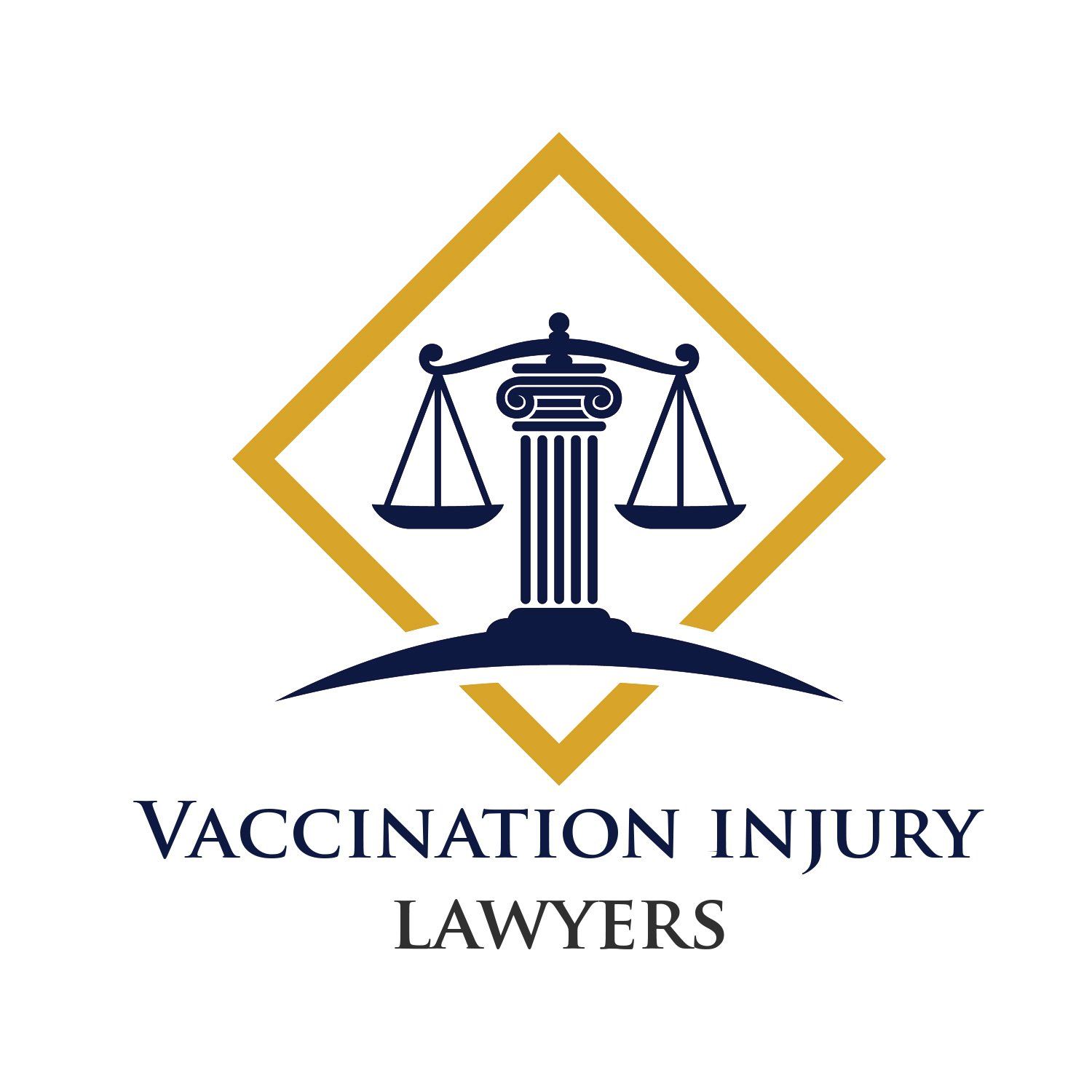A Guide to Estate Planning With Alzheimer's or Dementia
Estate planning with Alzheimer's or dementia can be challenging, especially as the condition progresses. For example, if you have dementia, you may forget about your estate or who you've named as your executor. You may also have trouble understanding complex legal documents.
As such, start estate planning as soon as possible after you receive a diagnosis of Alzheimer's or dementia. This way, you can make sure that your wishes are known and carried out, even if you lose the ability to communicate them later. Read on to understand tips for estate planning with Alzheimer's or dementia.
Compile a List of All Your Assets
Alzheimer's symptoms may escalate fast or come on gradually. Therefore, put together a list of everything you own to make it easy for your loved ones to know what they need to take care of. These assets might include:
- Real estate properties
- Vehicles, such as cars, boats, or RVs
- Savings accounts, stocks, and bonds
- Retirement accounts
- Life insurance policies
Ensure you update this list every time you acquire something new.
Name Your Durable Power of Attorney
One of the critical documents in estate planning is the durable power of attorney (POA). The POA gives someone you trust the legal authority to make financial decisions on your behalf if you can no longer do so yourself. And since Alzheimer's or dementia compromises your ability to make sound financial decisions, name a POA as soon as possible.
Besides finances, the POA may also handle health care decisions, such as whether to continue life-sustaining treatment. You can name the same person for both financial and health care power of attorney or two separate people.
Create a Will
A will is a legal document that dictates how you want your assets divided after you die. If you don't have a will, state laws determine who gets your assets, which may not align with your wishes.
Therefore, a will is a chance for you to dictate who should get your assets while you still can. For instance, you can specify that your children only inherit after they reach a certain age.
It's crucial to update your will regularly, especially as your Alzheimer's or dementia progresses and your asset ownership changes.
Consider a Living Will
A living will is a document that outlines your end-of-life care preferences, such as whether you want to be kept on life support if you're terminally ill. This document is essential for people with Alzheimer's or dementia because it ensures that your wishes are carried out even if you can no longer communicate them.
Creating a living will give you peace of mind, knowing that your end-of-life care preferences are known and will be followed.
Create a Trust
A trust is a legal entity that allows you to specify how you want your assets to be managed while you are alive and after you die. Additionally, you can put conditions on how and when the assets in the trust are to be used.
Trusts can be revocable or irrevocable. A revocable trust means that you can change the document at any time. On the other hand, you cannot modify an irrevocable trust.
Seek an Attorney's Help
Estate planning with Alzheimer's or dementia is complex, but the process gets more manageable with the help of an estate planning lawyer. The attorney can help you understand the documents you need and ensure they're properly prepared and signed.
An estate planning lawyer can also help you create a comprehensive plan that considers your unique circumstances.
You can trust us at Black McLaren Jones Ryland & Griffee PC to help you with your estate planning needs. We understand the challenges of Alzheimer's and dementia, and we'll work with you to create a plan that meets your specific goals.
Contact us today to get started.




